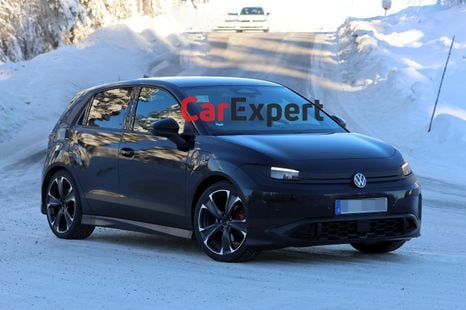

Damion Smy
2026 Volkswagen ID. Polo EV spied along with ID. Polo GTI electric hot hatch
4 Minutes Ago
The European Union has secured a 2035 combustion-engine car ban with e-fuel exemption after Germany's hold-out.

Contributor
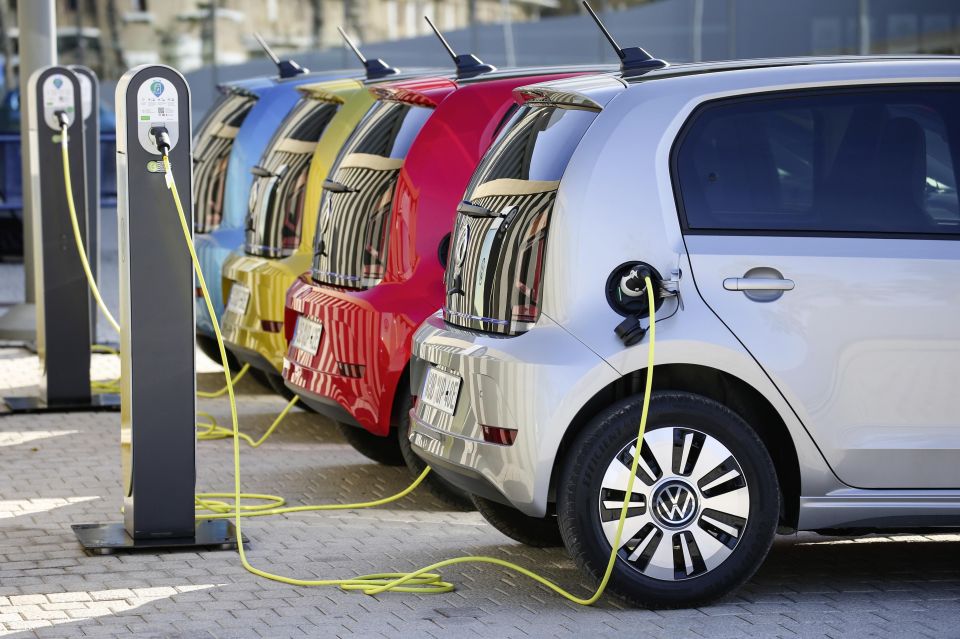

Contributor
The European Union has officially announced a ban on the sale of new combustion-engine cars as of 2035, as part of its ambitious Green Deal.
The final approval and announcement were given after a meeting of energy and transport ministers in Brussels on Tuesday.
It brings an end to the several weeks of delay and discussion caused by last-minute opposition from Germany.
The Commission was able to come to an understanding with German transport minister Volker Wissing on a side deal that promises further legislation concerning new sales of vehicles that run on carbon-neutral e-fuels after 2035.
The body is scheduled to create a ‘delegated act’ which will detail the e-fuels exemption and should be approved by Members of the European Parliament by the end of this year.

While the European Commission has conceded it will create a legal basis for e-fuels after 2035, there are no amendments to the initial CO2 regulation.
The CO2 regulation included in the ‘Fit for 55’ package will require all new cars sold to have zero CO2 emissions from 2035, and 55% lower CO2 emissions from 2030, compared to 2021 levels.
The EU had already secured support for the ban late last year, but surprise pushback from Germany earlier this month saw the body postpone a proposed vote on March 7.
While the e-fuels exemption may allow some high-end manufacturers to adopt the technology, other member states are confident that electric vehicles (EVs) will be the dominant technology in the coming decades.
“There is no doubt about the direction of the car industry as a whole. The way I see it, Sweden now reinforces its competitive advantage, while Germany may be buying more time to catch up,” said Swedish energy minister Ebba Busch in remarks reported by Bloomberg.
Iveco Group CEO Gerrit Marx called e-fuel “the champagne of propulsion” due to its cost, and emphasised that it is not fuel for widespread future use.
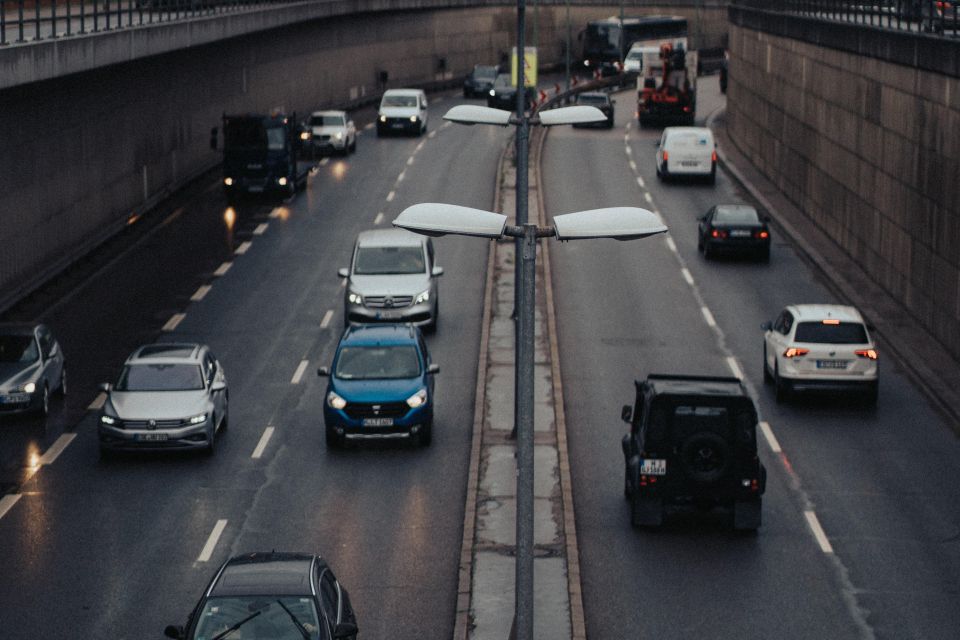
“If you have a Ferrari or if you drive your Porsche Turbo once a weekend, you’re not going to care whether a litre costs 5 euros or 8 euros, but that is not fuel for the future,” said Mr Marx.
Other European member states have expressed their disapproval of Germany’s hold-out, with Spain’s minister for ecological transition Teresa Ribera saying, “As a matter of principle, we don’t like this approach. We think it’s not fair.”
However, the approval of the landmark law to end sales of new CO2-emitting cars in 2035 was met with opposition from several other EU countries.
Poland voted against the law, while Italy, Bulgaria, and Romania abstained.
These countries were unable to establish an adequate opposition, therefore, the proposed regulation will become law after being published in the European Union’s official journal.
MORE: Combustion engines to live on past 2035 thanks to Germany MORE: Europe details petrol/diesel ban from 2035, with low-volume supercar exemption


Damion Smy
4 Minutes Ago
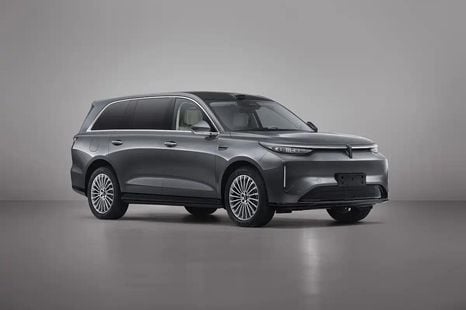

William Stopford
1 Hour Ago
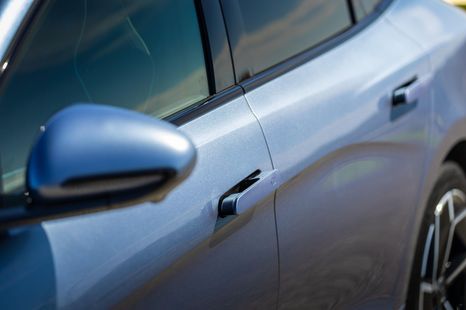

Damion Smy
4 Hours Ago
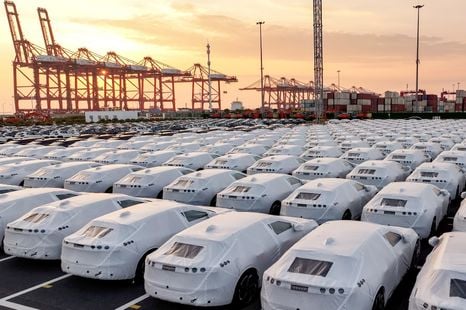

Ben Zachariah
5 Hours Ago


Damion Smy
5 Hours Ago
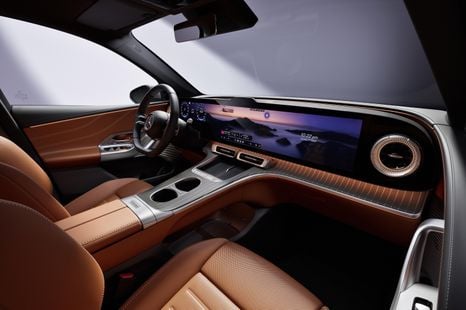

William Stopford
5 Hours Ago
Add CarExpert as a Preferred Source on Google so your search results prioritise writing by actual experts, not AI.